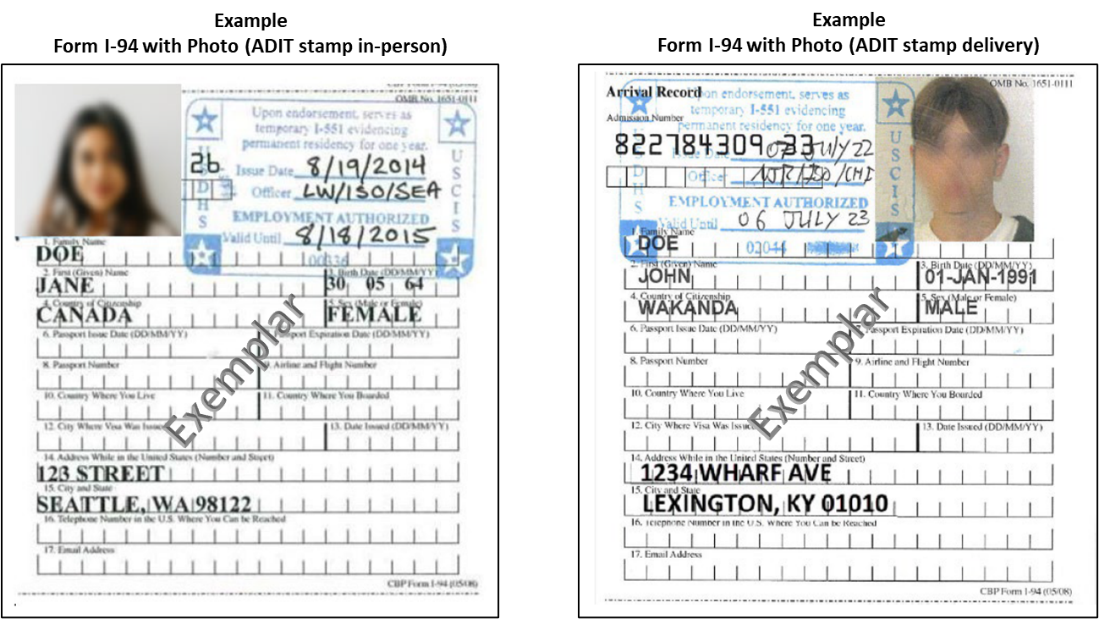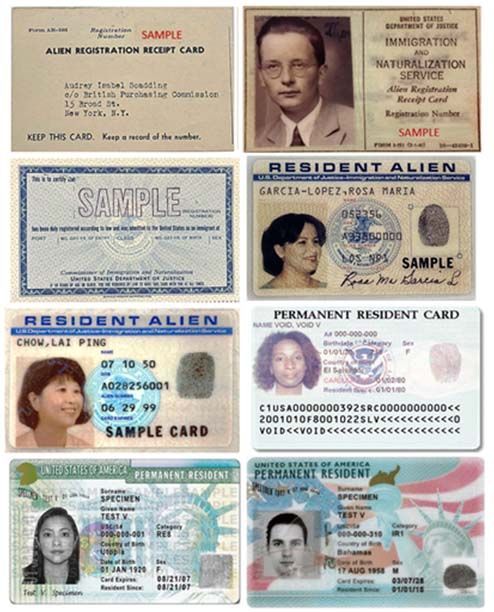Adjustment of Status: Quilantan Entry or Waived Through Entry
A Quilantan Entry, also known as a Waived Through Entry, is technically a lawful admission due to “procedual regularity,” yet it is nearly identical to an Entry Without Inspection (EWI). A procedural regularity means that if CPB usually waives in a vehicle and the occupants of the car do not commit fraud or state an material misrepresentation (aka lie), then the entry could constitute a lawful entry.
However, with no government record of entry and no I-94 lawful entry/departure record, this immigration policy makes an Adjustment of Status very difficult and risks placing the applicant in Deportation Proceedings. If no evidence is available, you should consult with a local immigration attorney. Usually, Consular Process is safer and cheaper.
Brief History
Now, the Waived Through Entry has been around since 1980 when it was created in Matter of Areguillin. The Policy was renewed in Matter of Quilantan in 2010. The Court noted in Quitanlan :
[As] long as an alien’s entry into the United States as a nonimmigrant was procedurally proper (i.e., the alien underwent an inspection by an immigration officer, who subsequently admitted the alien), the alien could seek adjustment of status under section 245(a).
How to Prove my Entry?
Generally, the waive through entry will require affidavits from occupants of the vehicle and affiadvits of family members. Additionally, bus tickets, gas receipts, and photos at the border (possibly for a scrapbook) can be useful documents. However, USCIS may still reject the entry for two reasons.
First, the use of affidavits may appear self-serving and bias when it comes from friends and family. So, a USCIS Immigration Officer deem the only evidence provided to prove an entry by procedural regularity as uncredible.
Second, the absense of a lawful entry does not presume an entry occurred during “procedural regularity.” If an occupant of a car did not provide identification, then CBP would have ZERO record of the entry. From the U.S. Government perspective, the entry could have really occurred through a desert, through the Rio Grande, and on any day.
Some may think that the government is unfair to create this policy, but then make it so difficult. The truth is, the burden is on the applicant to remove the doubt of the immigration officer or at least make the case seem more likely to be true versus the presumed EWI. Remeber, since there is no government record of entry or I-94 lawful entry record, an EWI would be presumed.
Why Does lawful entry matter?
To Adjust Status under 245(a), which is the general form of applying for a lawful permanent resident card (aka green card) in the U.S., the Adjustment of Status process requires “lawful admission or parole” to be eligible. Ineligible applicants would be denied and possibly sent before an immigration judge for deportation.
I HAVE TPS, WOULD QUILANTAN HELP ME?
TPS Holders generally entered the U.S. Without Entry and Inspection, or EWI. A Waive Through Entry may help overcome the lawful entry requirement, but it will require evidence of procedural regularity, which is the challenge. However, you should speak with an immigration attorney on whether your jurisdiction considers the “grant of TPS” as a lawful admission, which would satisfy an eligibility requirement for Adjustment of Status.
Please read these two articles on Admissibility Bars and the unlawful presence waiver:
If you have any concerns, you should speak with a local Immigration Attorney, or you may call Fickey Martinez Law Firm, P.L.L.C. at (910) 526-0066 or email at attorney@fickeymartinezlaw.com .
Disclaimer: This Blog is made available by the lawyer or law firm publisher for educational purposes only as well as to give you general information and a general understanding of the law, not to provide specific legal advice. By using this blog site you understand that there is no attorney-client relationship between you and the Blog/Web Site publisher. The Blog should not be used as a substitute for competent legal advice from a licensed professional attorney in your state.
The post Adjustment of Status: Quilantan Entry or Waived Through Entry appeared first on Fickey Martinez Law Firm.












